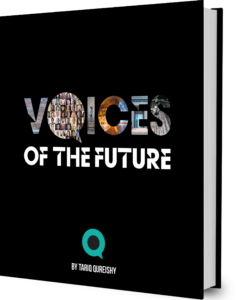In the grand tapestry of influential leaders who have shaped our world, few threads are as vibrant and enduring as the story of Fadi Ghandour. As I sit down with Fadi for our conversation, I’m reminded of his monumental contributions to entrepreneurship and social empowerment. His journey encapsulates the spirit of innovation and a profound commitment to societal upliftment.
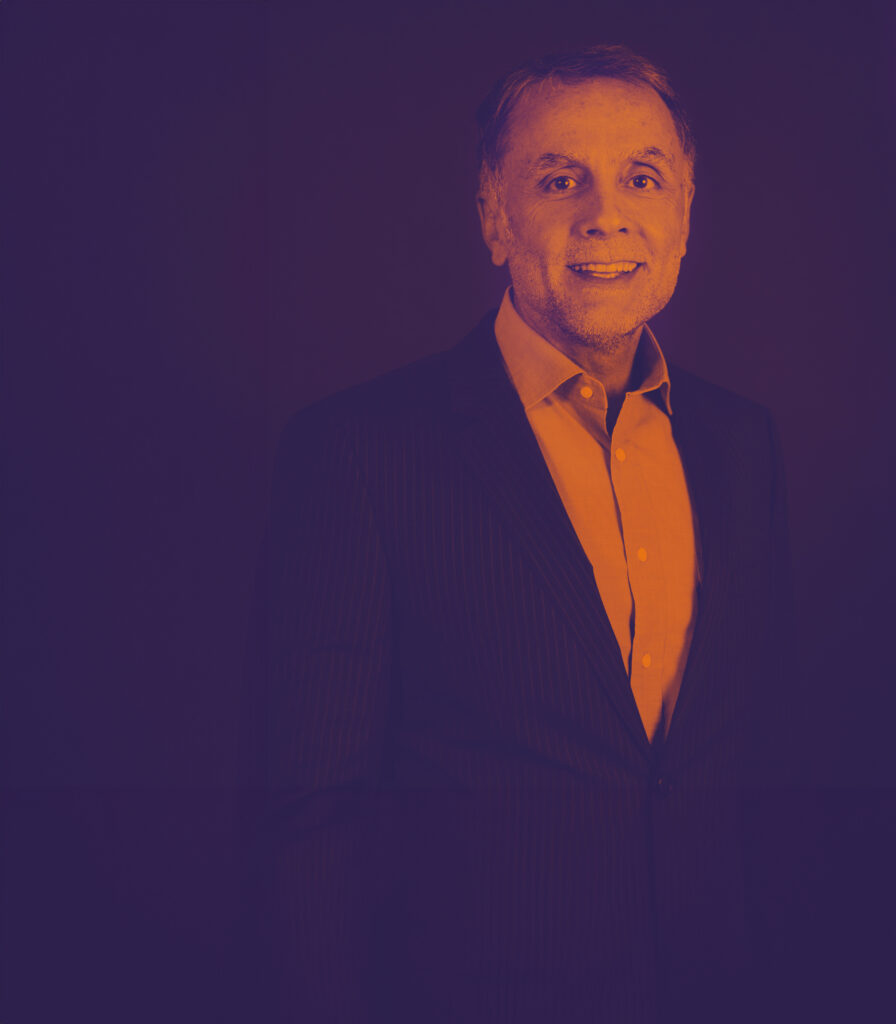
Our conversation begins with reflecting on Fadi’s early years, a narrative that sets the tone for understanding the man behind the vision. Fadi recalls, “I grew up in a very dynamic house, if you want. I am the one boy in a family of women, so that shaped my character; my sisters, my mother, and I had a very active and, in some ways, revolutionary father in terms of his ideas, the way he thought of the world and the way he let us be what we are, left us alone to discover ourselves.” This early environment, challenging societal norms, planted the seeds of rebellion – rebellion not against order but against complacency and the status quo.
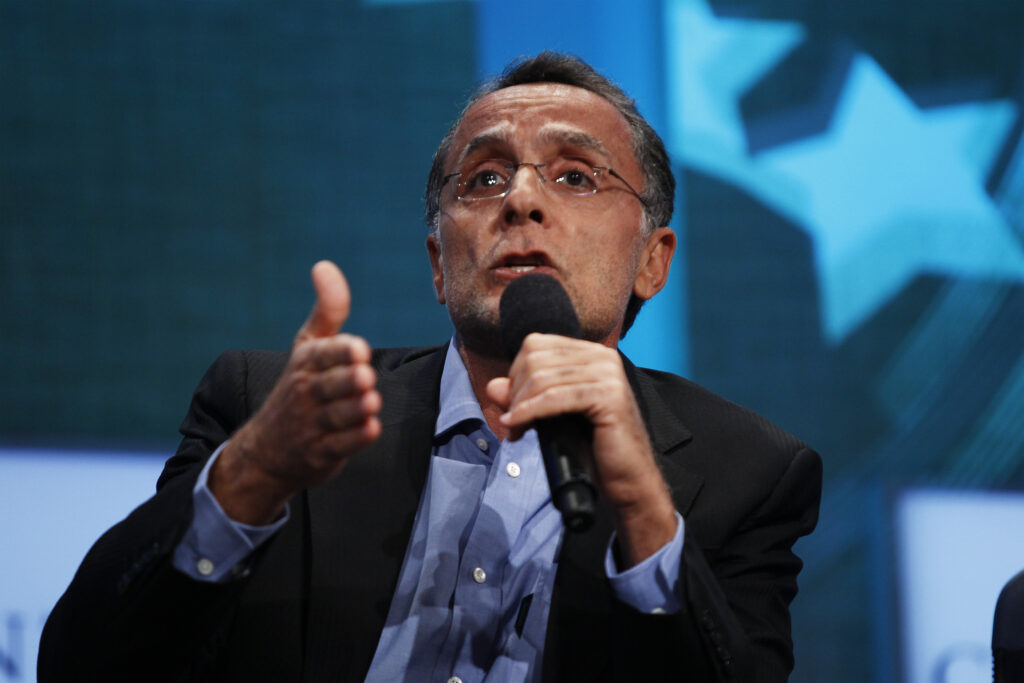
As we delve into his professional saga, the founding of Aramex stands out – a beacon of entrepreneurial spirit. Fadi’s eyes light up as he describes the inception, “We launched out of Jordan and went global with it. Very few companies would have launched out of Jordan and gone global with it.” His journey with Aramex was about overcoming logistical challenges, breaking mental barriers, and inspiring a generation of entrepreneurs in the Middle East and beyond.
He recounts: “It’s a tale of facing formidable challenges in the early days when venture capital was scarce and startups struggled to attract talent. How do you draw skilled individuals to a venture in a market that resists innovation? We faced regulatory hurdles and myriad other challenges typical for startups, ranging from securing capital to finding talent. We set out to solve a fundamental problem: efficiently delivering packages across the region, particularly in the Arab world, with a determination to master this challenge. Fresh out of college, I was a young, naive man who believed that even the most daunting issues could be resolved. With this innocence, I plunged into the project, continually adapting and refining our approach to find a viable strategy. This journey attracted a remarkable group of similarly inexperienced and optimistic young people, fresh from university and natives of this region, who believed we could build something extraordinary together. Lacking the option to hire experienced personnel – after all, who thought we could compete with established giants like DHL – it was the rebels, those who resembled me in spirit and ambition, who stepped forward to declare, “We’re your soldiers.”
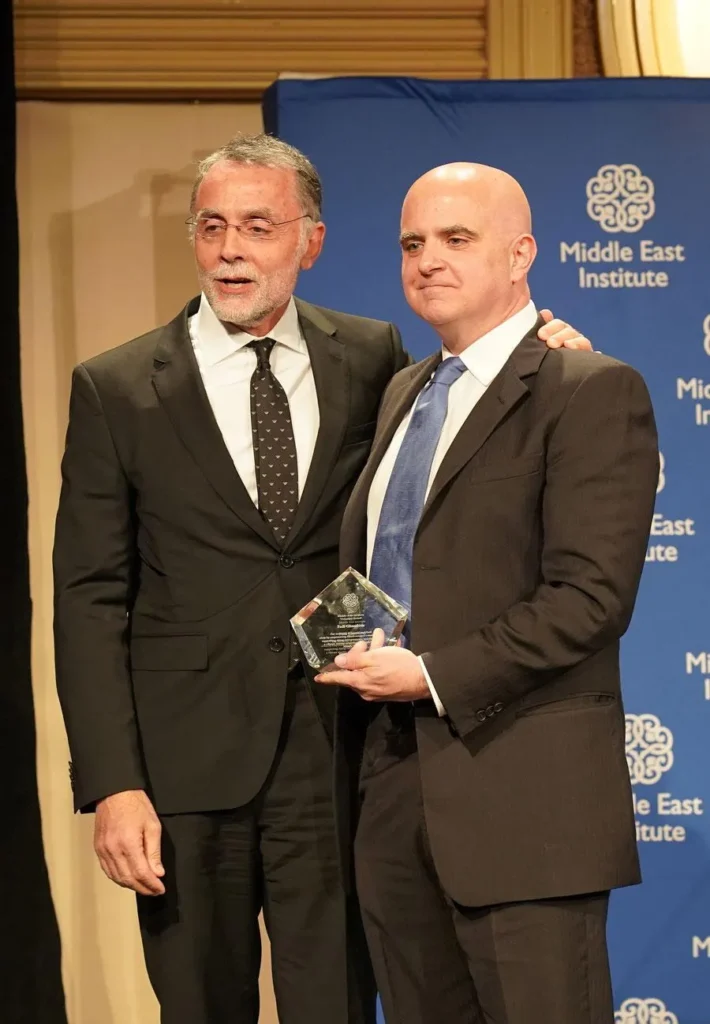
The conversation shifts to the essence of maintaining youthful innocence and curiosity throughout one’s career. Fadi passionately advocates for this, emphasizing, “It’s absolutely vital to address the role of experience. People our age tend to be more conservative and hesitant, often saying ‘perhaps not.’ Yet, the young and the curious are transforming our world. This raises crucial discussions between us about education – where does curiosity fit into it? How do we encourage free thinking that transcends written instructions and leverages our intellectual capacity? We must utilize our brains to their fullest potential, as they are meant to achieve remarkable things.”
About six years ago, while working on a European Union project concerning drones, I proposed a simple yet radical idea as a futurist concerned with trust and ethics. I suggested implementing strict guardrails to ensure that drones could not be used to harm humans – essentially demanding a full stop to their potential for violence. The committee looked at me as though I were an alien. To me, it’s profoundly unsettling how we’ve normalized the lethal capabilities of drones, allowing major tech companies to spearhead a technological revolution without adequate safeguards. This ‘technological tsunami’ seems inevitable, but accepting it without question is dangerous. We cannot merely adapt on the fly; we need firm, proactive measures to govern emerging technologies like AI.
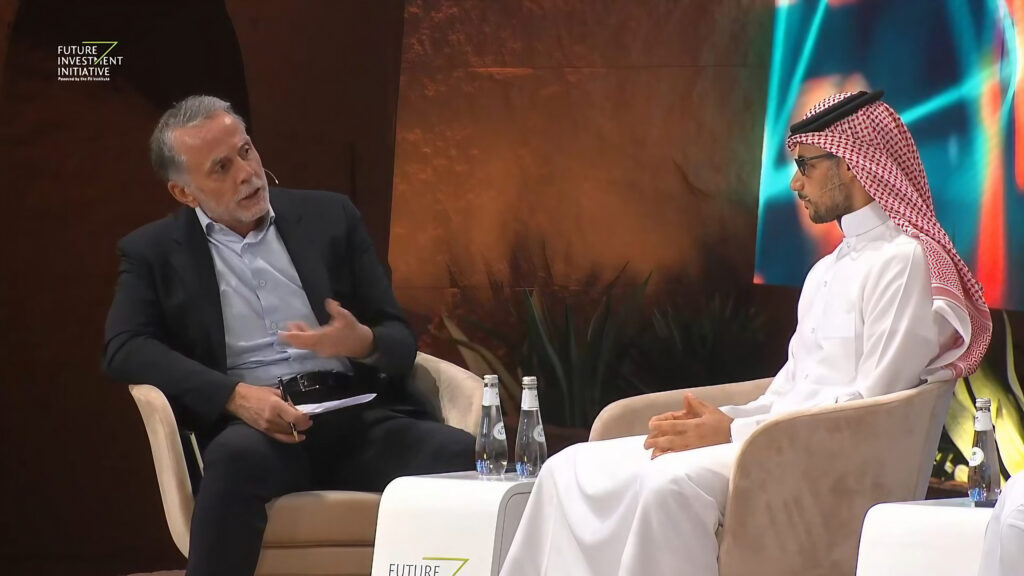
Fadi agrees: “It seems we’ve drifted into or were inherently designed for a state where societal and international friction leads to negative competition rather than innovation. Take drones, for example: designed to solve various problems, they have increasingly been repurposed as tools for militarization. This shift towards using accessible technology for destructive ends highlights the need for caution. Similarly, while AI like ChatGPT shows remarkable capabilities, we must stay vigilant about the unintended consequences and consider the potential risks thoroughly.” Here, Fadi’s reflections become a clarion call for ethical technology use, urging for guardrails that ensure innovations serve humanity, not harm it.
Our dialogue naturally flows into the sphere of AI, where Fadi underscores the necessity of inclusive technological governance “Discussions on technologies impacting humanity must include everyone, not just the powerful or state representatives. We need non state actors, nonprofits, and civil society at the table, too, not merely the world’s wealthiest individuals and most influential countries setting the rules. This inclusive approach ensures that all perspectives help shape the safeguards around these technologies.”

As we ponder the future, Fadi shares insights into his current endeavors, highlighting his venture capital initiatives that support early-stage technology companies, especially in the Middle East. His focus is clear: nurturing a new generation of problem-solvers equipped to tackle their time’s unique challenges.
A 2017 Babson College study, later confirmed by McKinsey, predicts that 75% of companies founded in the 20th century will disappear by 2030. Moreover, half of the companies set to replace them haven’t been founded yet. This illustrates the staggering pace and scale of change in the realms of startups and entrepreneurship. A prime example from last year is ChatGPT. Given these trends, I wonder if our region is truly leveraging this exponential growth in entrepreneurship, or are we still hampered by traditional entities like government bodies, incumbent firms, and family-run businesses that resist change? Fadi’s response is iluminating: “Resistors to change will inevitably fall behind as our region embraces a pivotal shift from an oil-based economy to a diversified, future-oriented one. This transformation is embodied in strategic visions like Vision 2030 and Vision 2071, aiming for sustainability beyond natural resources. It’s crucial for both government and private sectors to invest in technological advancements and startups, leveraging government’s risk tolerance and long-term investment outlook to foster a tech-forward society.”

He believes partnerships between government and private investors are essential to expedite this transition, particularly in adopting technologies like AI rapidly without waiting for traditional tech evolution. Moreover, our region’s youth are digital natives, naturally adapting to technologies more swiftly than our educational systems can adjust. This tech-savvy among the young calls for urgent educational reform to keep pace with technological advances. I’m aligned with his perspective. “As we innovate internally, we must also confront external challenges such as global warming – a threat without borders. Comprehensive actions across security, political stability, and environmental sustainability are crucial to secure a prosperous future for our region in the global context,” he states.
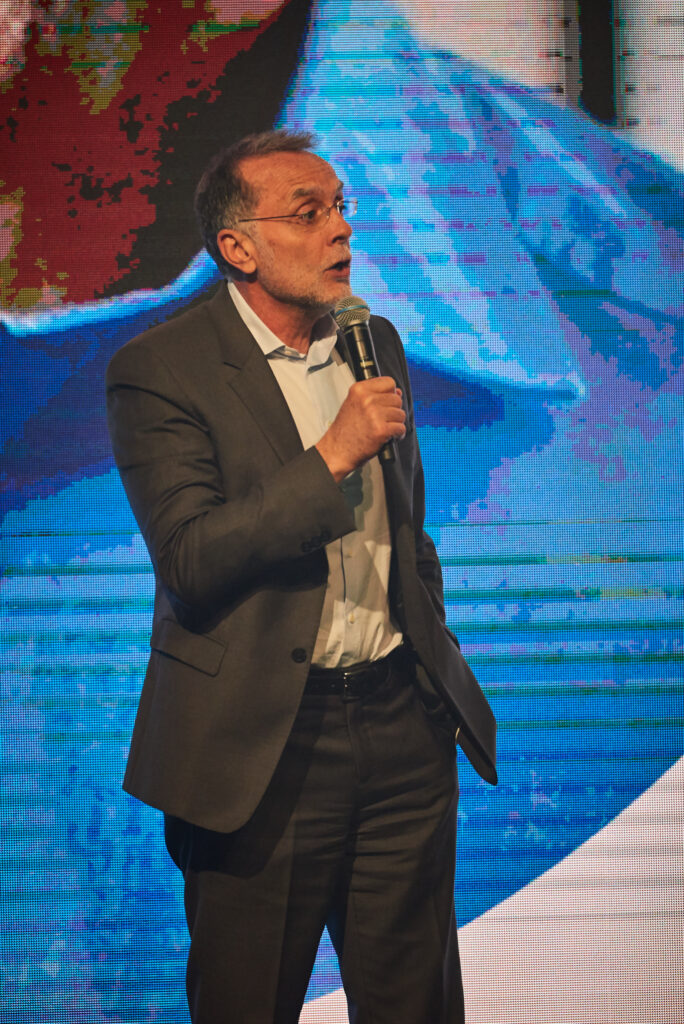
What is his message in a bottle? It is powerful in its simplicity: “If we failed, please know that we really tried.”
As we conclude, I ask Fadi to imagine his 100th birthday, to which he responds with a vision of peace and progress, “On my 100th birthday, when I look out the window, I hope to see my grandchildren. I envision them living peacefully in a country – and a world – that values peace, where conflicts are minimal. I want them to recognize the common threads that unite humanity and focus on solving the next century’s challenges rather than dwelling on the past.”
Fadi Ghandour’s narrative is more than a success story; it is a beacon of hope and a blueprint for future generations. As we face the complexities of tomorrow, his words resonate deeply, urging us to embrace the innocence of curiosity and the wisdom of inclusivity.

